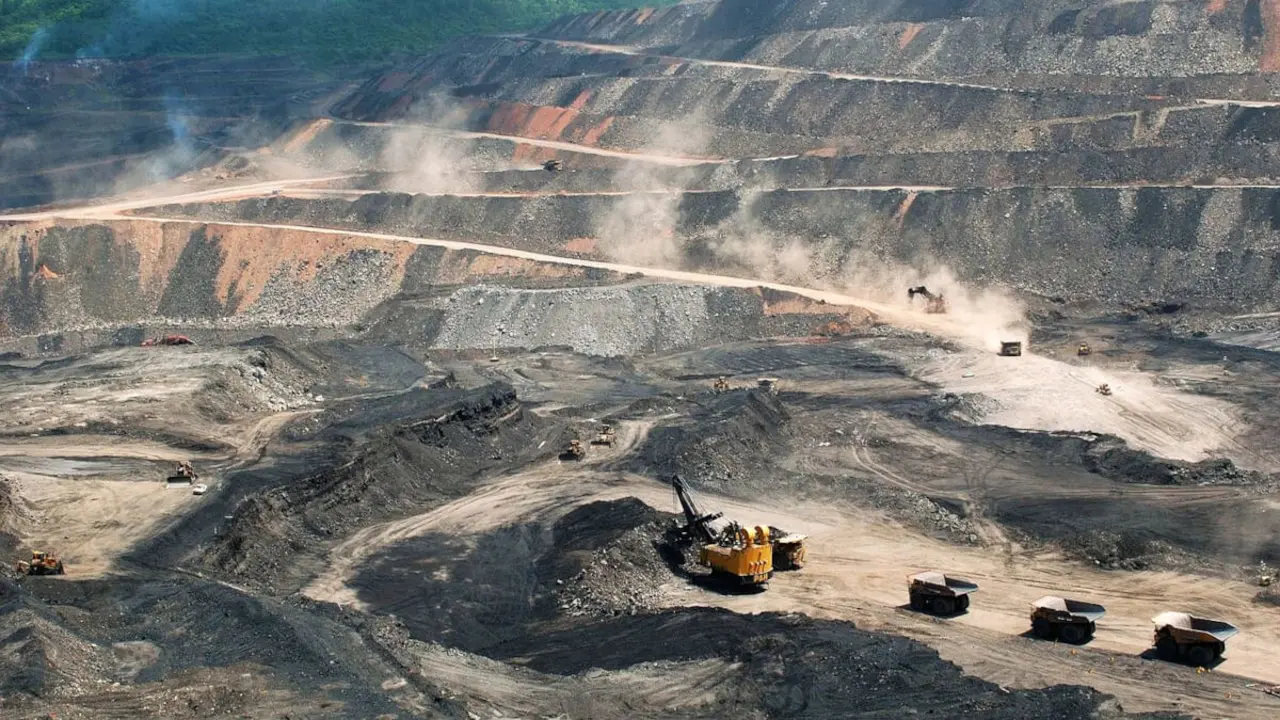Europe's seams exposed

The European continent is going through one of the most difficult moments in its history; after the pandemic and with Brexit still on the horizon, its position on the international scene is weakening at the same time as the euro is collapsing against the dollar.
According to the experts, the euro's fall to its lowest level in two decades against the dollar is only the beginning of the collapse of a currency that Morgan Stanley believes could reach $0.97 this quarter.
The last time the euro was at these levels was in 2002, just a few years after the currency came into existence. This demonstrates the weakness of the European exchange rate and is in stark contrast to the good economic health of the dollar.
"The dollar is a good buy and partly because the sword of risk is hanging over the economy," said Kate Jukes, currency strategist at Société Générale, betting on American solvency in times of crisis rather than European solvency.

The euro also hit a low against the Swiss franc on Monday, as the supply crisis resulting from the Russian conflict continues to weaken the European currency on international markets.
But it is not only Europe and the euro that are being hit by this crisis, the UK economy also contracted by 11% in 2020 in the worst decline in GDP since 1709.
In fact Britain recorded the biggest fall in output for 300 years, the biggest slump of any of the world's most powerful economies.
It was COVID that was one of the triggers for this situation, which not only weakened the health of an entire country, but one of its direct consequences was the need for the British government to reduce contributions to the British health system.

"The health service faced higher costs than we initially estimated, which meant that its overall contribution to the economy was lower," said Craig McLaren, ONS statistician.
Despite this traumatic situation for the UK's finances, the country recovered strongly last year, reaching pre-pandemic levels. But with inflation rising rapidly, the Bank of England expects the economy to fall back into a major recession before the end of this year.
The situation in Britain is becoming increasingly difficult, with rising prices making it impossible for many Britons to make ends meet, the same people who are now unable to get to work because of a rail strike that brought 80 per cent of trains to a standstill on Saturday.
Up to 45,000 workers took part in a stoppage that continues to leave train and underground users without service, who on Thursday and Friday of that week already suffered intermittent and cancelled journeys.

The rail workers, who are demanding a pay rise, are confronting British Transport Secretary Grant Shapps, who said that "people feel that this ongoing unnecessary strike is a kick in the teeth for workers who can't get to their own jobs now".
"I will be talking to senior industry executives throughout next week trying to create solutions to these problems and then we will decide whether we need to take further industrial action, but I have to say it is not very likely given the gap between us at the moment," he added.
Negotiations and disputes that are damaging the English train system and are being suffered by users who use public transport every morning to get to work, in the midst of a climate of tension in which inflation is increasingly suffocating a working class that feels unprotected in the face of one of the worst crises Europe has ever experienced.








